News
8 financing options for a home construction project
Introduction
Financing a home construction project is a crucial step that requires a good understanding of the available funding options. In Gatineau and surrounding areas, various loans and financial assistance programs can help you successfully bring your project to life under the best conditions. Whether you choose a traditional mortgage, a home equity line of credit, or a bridge loan, each option has unique advantages depending on your financial situation and needs.
Selecting the right financing helps you better manage your budget and minimize long-term costs while ensuring a smooth construction process with controlled expenses.
Ready to take the first step toward your dream home? Discover our Gérik home models here
1. Construction Mortgage to Finance Your Home
What is a Construction Mortgage?
A construction mortgage is a financing option specifically designed for construction projects. Funds are released in stages based on the progress of the work, allowing costs to be covered gradually throughout the project.
Advantages
- Progressive financing: You only pay interest on the amounts released, which can reduce costs during the construction period.
- Control over fund usage: The staged disbursements ensure that progress is verified before each release of funds.
Disadvantages
- Strict administrative process: Each phase must be validated before funds are disbursed, which can sometimes slow down the project.
- Potentially higher interest rates: Some construction loans carry higher interest rates than traditional mortgages.
This type of loan is ideal for those who need financing that adapts to the evolving needs of a new home construction project.
2. Traditional Mortgage for Your Construction Project
What is a Traditional Mortgage?
A traditional mortgage is generally used to purchase existing homes, but it can also be adapted to finance certain construction projects. It provides long-term financing with either fixed or variable monthly payments.
Conditions
- Requires a full property appraisal once the construction project is completed.
- Often necessitates a good credit score and a sufficient down payment.
Use for Residential Projects
Although designed for existing homes, this type of loan can be suitable for projects where construction is quick and does not require staged disbursements.
It is a practical solution if the construction project is well-defined and adheres to a fixed timeline.
3. Bridge Loan to Finance Your New Home
What is a Bridge Loan?
A bridge loan allows you to finance a new construction project without having to sell your current home immediately. It serves as temporary financing for homeowners transitioning between two residences.
Advantages
- Allows you to start a new project without waiting for the sale of your current home.
- Helps manage finances effectively to avoid interruptions in the construction process.
Ideal For
- Those who want to avoid selling their home in a rush or having to relocate temporarily during the construction of their new home.
4. Home Equity Line of Credit for Flexible Financing
What is a Home Equity Line of Credit?
A home equity line of credit (HELOC) is a credit line secured by your property. It allows you to finance the project by withdrawing funds as needed, providing significant flexibility.
Advantages
- Flexibility: You can access funds only when necessary for each phase of construction.
- Interest payments only on the amount used, which can reduce costs throughout the project duration.
Use for Construction
- Ideal for projects where costs vary or require progressive financing.
- Allows for better expense control as construction progresses, without needing to borrow a lump sum upfront.
5. Private Loans for Home Construction
What is a Private Loan for Construction?
Private loans are funds provided by non-bank lenders. These alternatives to traditional mortgages often offer more flexible conditions but may come with higher interest rates.
Advantages
- Flexible eligibility criteria: Fewer restrictions than traditional bank loans.
- Quick approval: Private loans are often faster to obtain, which can be an advantage for starting a project without delay.
Risks
- Higher interest rates: Private lenders typically charge higher rates.
- Less protection: These loans can carry more risks due to the lack of banking regulations.
6. Grants and Incentives for Energy-Efficient Home Construction
What are Grants and Incentives for Energy-Efficient Homes?
Grants and incentives are offered by organizations like the Canada Mortgage and Housing Corporation (CMHC) and other government programs to encourage the construction of eco-friendly and energy-efficient homes.
Advantages
- Cost reduction: Grants can cover part of the expenses for environmentally friendly materials and techniques.
- Tax incentives: Some programs offer tax credits for projects that meet strict ecological standards.
Ideal For
- Those who want to build a sustainable home and optimize their budget with financial assistance available for green construction.
7. Renovation Loan Based on Future Home Value
What is a Renovation Loan?
A renovation loan based on future value is calculated based on the projected value of the home once construction is completed. This allows for greater financing for high-potential projects.
Advantages
- Higher financing: Based on the estimated value after construction, this loan helps finance ambitious projects.
- Optimized funds: Well-suited for large-scale projects where the final home value justifies the investment.
Use for Maximizing Financing
- Ideal for high-quality projects or energy-efficient homes where the final property value will offset the initial investment.
8. Personal Savings and Down Payment to Reduce Financing Needs
What is Personal Savings and a Down Payment?
Personal savings and a down payment involve using your own funds to cover part of the construction costs, thereby reducing the need for external financing.
Advantages
- Less borrowing: Reducing the loan amount decreases interest payments and saves money in the long run.
- Greater flexibility: A strong down payment can facilitate loan approval and provide better borrowing terms.
Long-Term Benefits
- A higher down payment offers better financial security and reduces monthly payments, easing financial pressure throughout the project.
Ideal Financing Options Based on Your Construction Project
| Situation | Ideal Financing Option | Explanation |
|---|---|---|
| You want to build a new home and need staged financing. | Construction Mortgage | Funds are disbursed in stages, based on project progress, so you only pay interest on the amounts used. |
| You plan to buy land and build quickly without progressive financing. | Traditional Mortgage | Suitable if the construction is quick and does not require staged payments. Offers fixed or variable monthly payments, ideal for a short-term project. |
| You own a home that hasn’t been sold yet and need to finance a new construction. | Bridge Loan | A bridge loan is ideal for those looking to build a new home without waiting for the sale of their current property, easing the transition between the two homes. |
| You need a flexible financing solution that releases funds as needed. | Home Equity Line of Credit (HELOC) | Allows access to funds only when necessary and interest is only paid on the amounts used, giving maximum control over financing. |
| You are struggling to get a traditional bank loan or need quick funds. | Private Loans | Private loans have more flexible qualification criteria and a faster approval process, but interest rates are usually higher. |
| You want to build an energy-efficient home and reduce costs with financial incentives. | Grants and Incentives for Energy-Efficient Homes | Grants and tax credits, such as those offered by CMHC, help lower total construction costs for eco-friendly projects. |
| You are planning a large-scale project and want financing based on the future value of your home. | Renovation Loan Based on Future Home Value | Provides higher financing based on the estimated value of the home after construction, ideal for projects with high added value or premium materials. |
| You have sufficient savings to cover part of the construction and want to reduce interest payments. | Personal Savings and Down Payment | Using personal savings lowers the borrowed amount, reduces interest costs, and can provide better loan conditions, ensuring financial stability for the project. |
Conclusion
When financing a home construction project, various options are available, from traditional mortgages to eco-friendly home grants, as well as credit lines and personal savings. Choosing the right financing type based on your goals, budget, and priorities is crucial to successfully completing your project under optimal conditions. Careful planning will help you maximize the benefits of each option while maintaining a balance between cost, flexibility, and financial security.





